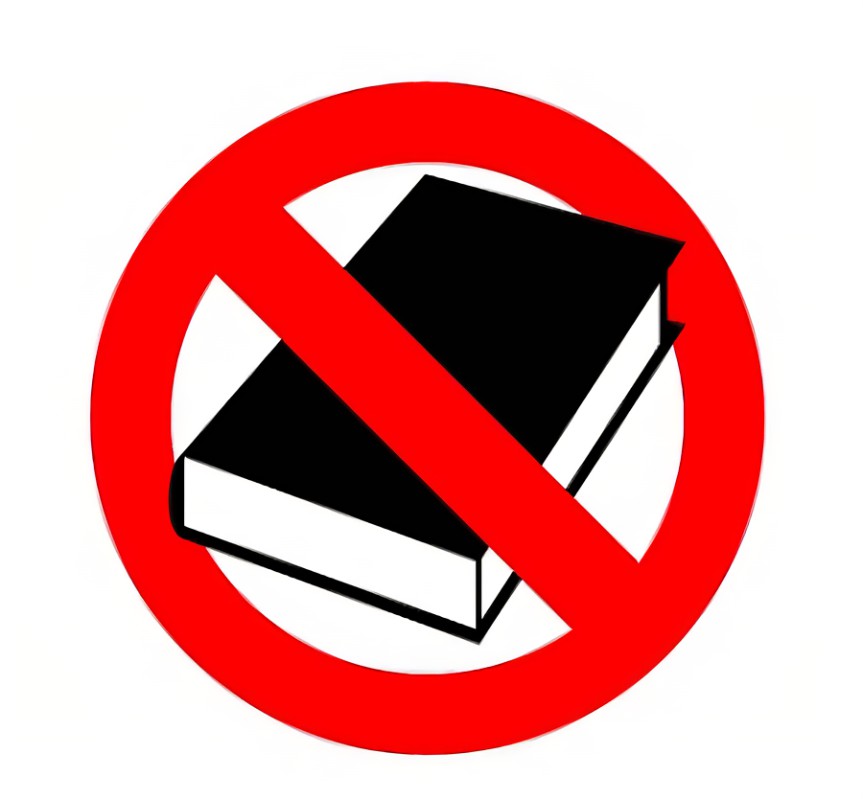I read it as a kid and didn’t realize it was a target for censorship and removal until I was older. It was extremely impactful to me because it was the first time I ever read about the holocaust from an exclusively Jewish perspective.
It disturbed me as a kid. A lot.
I had known as a kid about the basic horrors of the holocaust and that people died especially growing up having Jewish family. But what I did not really did grasp until reading Maus is that the people who committed the holocaust weren’t these comically evil villains. Nazis weren’t these inhuman monsters that everyone just instantly despised, no. They were human beings. Neighbors, doctors, lawyers, friends, family members, most of them were every day people. Realizing that disturbed me more than anything else, that these people years prior could have had a casual conversation on the street or been neighbors with the people they were now murdering.
Realizing that was integral in understanding the holocaust for me, alongside just realizing that parts of it just can’t be understood. No matter how much it disturbed me as a child, it taught me more than anything else up until that point.
Maus is an incredible piece of art. Highly recommended.
And here it is, a new entry in my reading list! There are a lot of haunting books about the holocaust. Two that stand out for me are “If this is a man”, by Levi (an Italian jew that survived the camps and was haunted by them for the rest of his life) and “Commandant of Auschwitz”, by Hoess (autobiography of the commandant of Auschwitz, trying to justify his actions after being condemned to death after the war).
I need to add those two to my list. And yeah, Maus is a graphic novel so it’s very very haunting. It’s extremely disturbing and hurt to read, but it was deeply important and still is. It’s a piece of high art.


